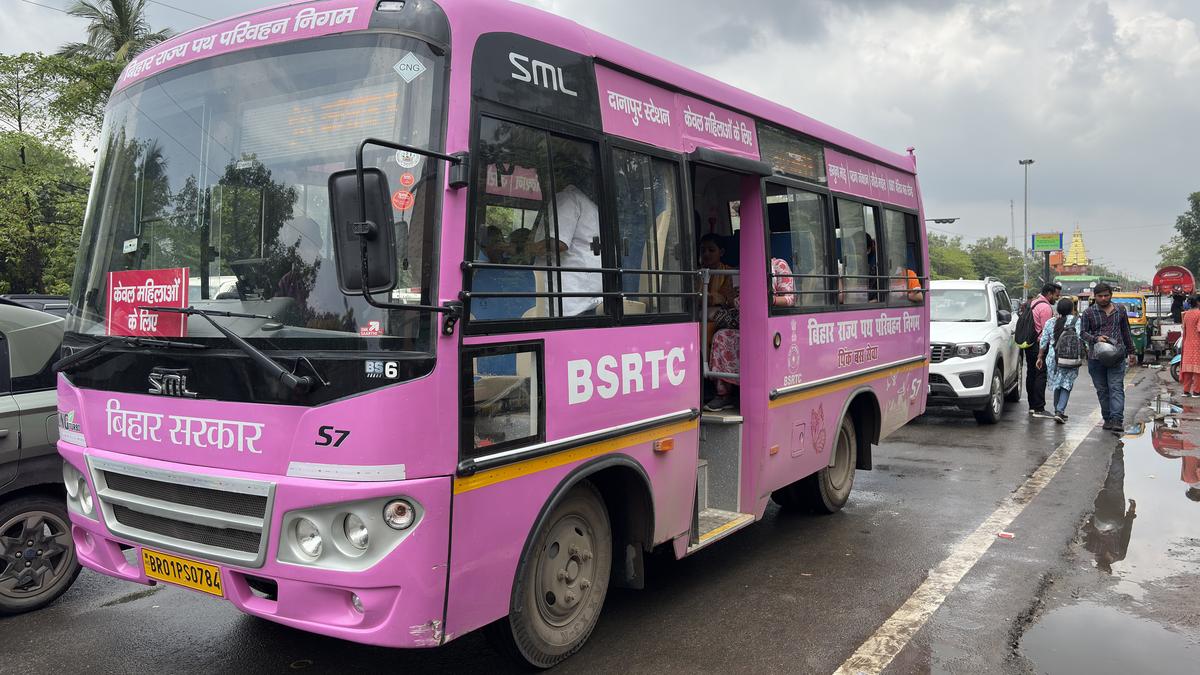The Supreme Court on Friday (June 27, 2025) decided to examine if its October 2023 judgment requiring the Enforcement Directorate (ED) to provide accused persons with grounds of arrest in writing will have retrospective application and include offences under the Indian Penal Code within its ambit.
A Bench of Justices K.V. Viswanathan and N. Kotiswar Singh issued notice on the petition filed by the State of Karnataka, which had sought a clarification if the judgment in the case of Pankaj Bansal versus Union of India, which mandated the written communication of grounds of arrest to an accused, would have retrospective effect.

The apex court, subsequent to the Pankaj Bansal judgment, had extended the requirement to cases under the Unlawful Activities (Prevention) Act in a case filed by NewsClick founder and senior journalist Prabir Purkayastha last year.
On Friday, the Bench said the issue raised by Karnataka was already reserved for judgment in another case, Mihir Rajesh Shah versus State of Maharashtra, in April. The Bench suggested waiting for the judgment in this case, adding that it would shed greater clarity on the question of law.

The State had appealed to the Supreme Court against a Karnataka High Court decision in April quashing the arrest of a murder accused on the ground that the reasons for his arrest were not shared with him by the police in writing. The High Court had applied the Pankaj Bansal judgment retrospectively.
Senior advocate Siddharth Luthra, appearing for Karnataka, objected to the High Court’s reasoning, arguing that the Pankaj Bansal judgment had itself said its application was to be with prospective effect.
However, Justice Viswanathan pointed out that Pankaj Bansal judgment itself had been applied retrospectively by quashing an arrest which had, in fact, already taken place. The Bench questioned the State’s take that the judgment would only have prospective effect.
The court listed the case on July 18, after the court reopens following summer vacation.



.png)
.png)
.png)
















 3 hours ago
4
3 hours ago
4








 English (US) ·
English (US) ·